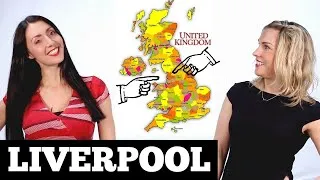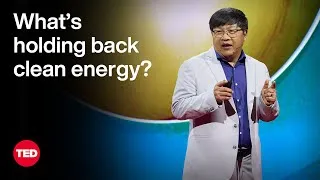Which bag should you use? - Luka Seamus Wright and Imogen Ellen Napper
755,497 views ・ 2020-11-19
Bitte doppelklicken Sie auf die englischen Untertitel unten, um das Video abzuspielen.
New videos
Original video on YouTube.com
Auf dieser Seite finden Sie YouTube-Videos, die zum Englischlernen nützlich sind. Sie sehen Englischlektionen, die von hochkarätigen Lehrern aus der ganzen Welt unterrichtet werden. Doppelklicken Sie auf die englischen Untertitel, die auf jeder Videoseite angezeigt werden, um das Video von dort aus abzuspielen. Die Untertitel laufen synchron mit der Videowiedergabe. Wenn Sie irgendwelche Kommentare oder Wünsche haben, kontaktieren Sie uns bitte über dieses Kontaktformular.







